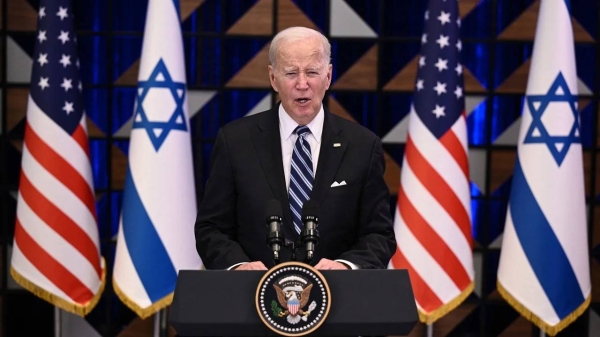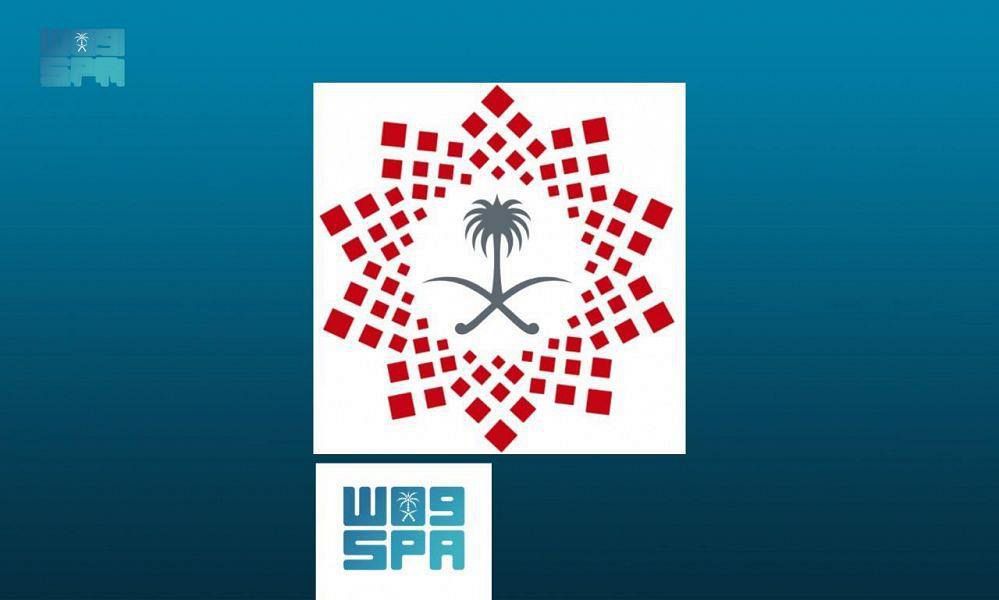
Arab Americans, for the most part, have joined in the wave of Muslim criticism of President Donald Trump. There is an implication that they favor Joe Biden in the November election. But is Biden really that different from Trump on Middle Eastern issues?
Nearly every presidential candidate in recent years has embraced fundamental issues that are important to Arabs, such as human rights and a two-state solution for Palestinians. The problem has been that the Arab American community is never satisfied with anything any US president does.
At some point, Arabs and Muslims must mature and better understand how American politics and elections work. The system isn’t driven only by the person who holds office, but also by the coalitions and forces in each congressional district that work together to create a force for change. In other words, who wins the election in November is largely irrelevant to the interests of the Arab world.
What Arab Americans, who number an estimated 4.5 million, need to effectively advocate for their issues is support, since their presence in America is so small. That support needs to come from the Arab world, but so far it hasn’t. That is partly due to the fact that democracy and elections in the Arab world are very different from those in America, where Arab Americans could effect real change if they were better organized and had more support.
The group of Arabs that best understand the power of elections and politics are the Palestinian citizens of Israel. They are a minority under daily siege and are targeted by more than 65 laws that discriminate against them because they are not Jewish. The Palestinians have no choice but to understand the system in order to survive, and they have been doing a great job. However, because they need to engage with the system, they are often accused by some of “normalizing” Israel, which they consider to be wrong.
It is ironic that, despite the racist and discriminatory nature of Israel, the Arab world could actually learn a lot from the way it operates in America. The US probably has more influence on Arabs’ day-to-day lives in the Arab world than any other foreign country.
You would think the Arab world would see the potential influence that could be gained by investing in the Arab American community in more ways than just charitable religious donations. Many of its goals could be achieved if it had a stronger voice lobbying for its rights in America. That means the Arab world would have to invest both money and political support in the Arab American community. But it doesn’t. America is a political battlefield that the Arab word has effectively written off.
The power that it could wield by changing US foreign policies would be immense if it only recognized how important it was and then invested heavily to make it happen.
Arab Americans could effect real change if they were better organized and had more support.
Ray Hanania
The election in November will directly impact the future of the Arab world, even though the fundamental differences between Trump and Biden on Middle Eastern issues are slight. Arab leaders should see this opportunity and build a coordinated network using Arab Americans as “political colonists” to champion the needs of the Arab world in America. This could get the results the Arab world needs but often does not receive from the nation that is the fulcrum of the West.
Similar work is done by other countries, including Israel, which has a powerful lobby built on a network of hundreds of small political action committees. Israel has managed to get its interests into the news media, which defines its messages and gives it coverage. Israel does a superior job of managing how it is perceived by American voters through a massive public relations and marketing campaign that requires only two things: Determination and large sums of money. The Arab world will never get what it needs by staying as an inactive bystander in American politics
Ray Hanania is an award-winning former Chicago City Hall political reporter and columnist. He can be reached on his personal website at www.Hanania.com. Twitter: @RayHanania
Disclaimer: Views expressed by writers in this section are their own and do not necessarily reflect Arab News" point-of-view












